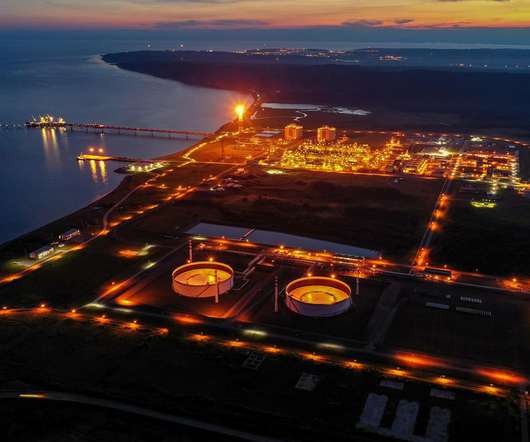BP Statistical Review finds global oil share down for 12th year in a row, coal share up to highest level since 1969; renewables at 2%
Green Car Congress
JUNE 13, 2012
Oil remains the world’s leading fuel, but its 33.1% Emerging economies accounted for all of the net growth, with OECD demand falling for the third time in the last four years, led by a sharp decline in Japan. in the emerging economies. in the emerging economies. World primary energy consumption grew by 2.5% Source: BP.











Let's personalize your content